
Would you like to save this?
Not every house feels like a sanctuary. Some spaces drain energy instead of restoring it, filled with silence, tension, or constant conflict. You can see the warning signs everywhere; in the way people avoid coming home, in the absence of laughter, in the little traditions that quietly disappear. Here are 50 signs you may be living in an unhappy home, counting down from the subtle red flags to the most glaring truth of all.
50. People dread walking through the front door.
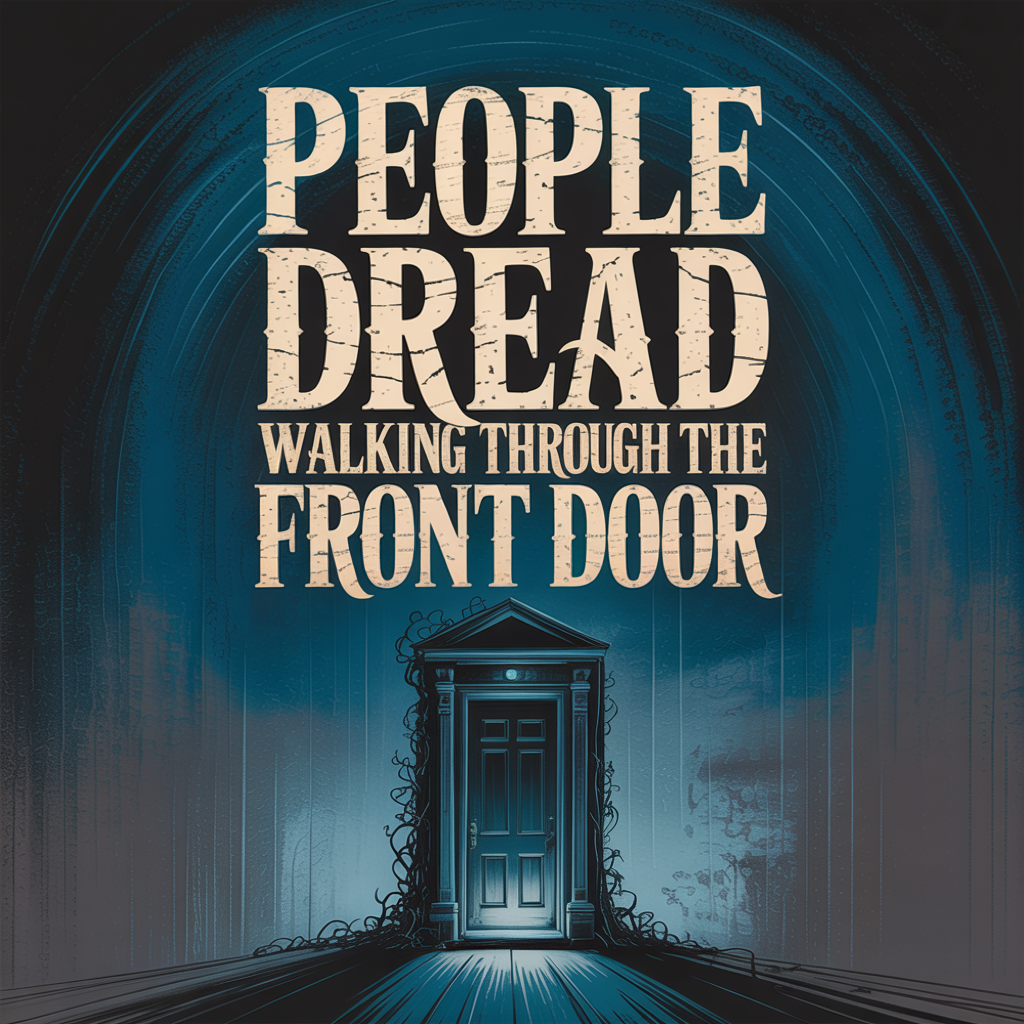
When the front door doesn’t feel like a welcome but a warning, that’s a problem. Instead of relief at being “home,” there’s a sinking feeling, as though you’re stepping into a space filled with tension. A happy house draws you in; an unhappy one makes you hesitate in the driveway.
49. The TV is always on to fill the silence.
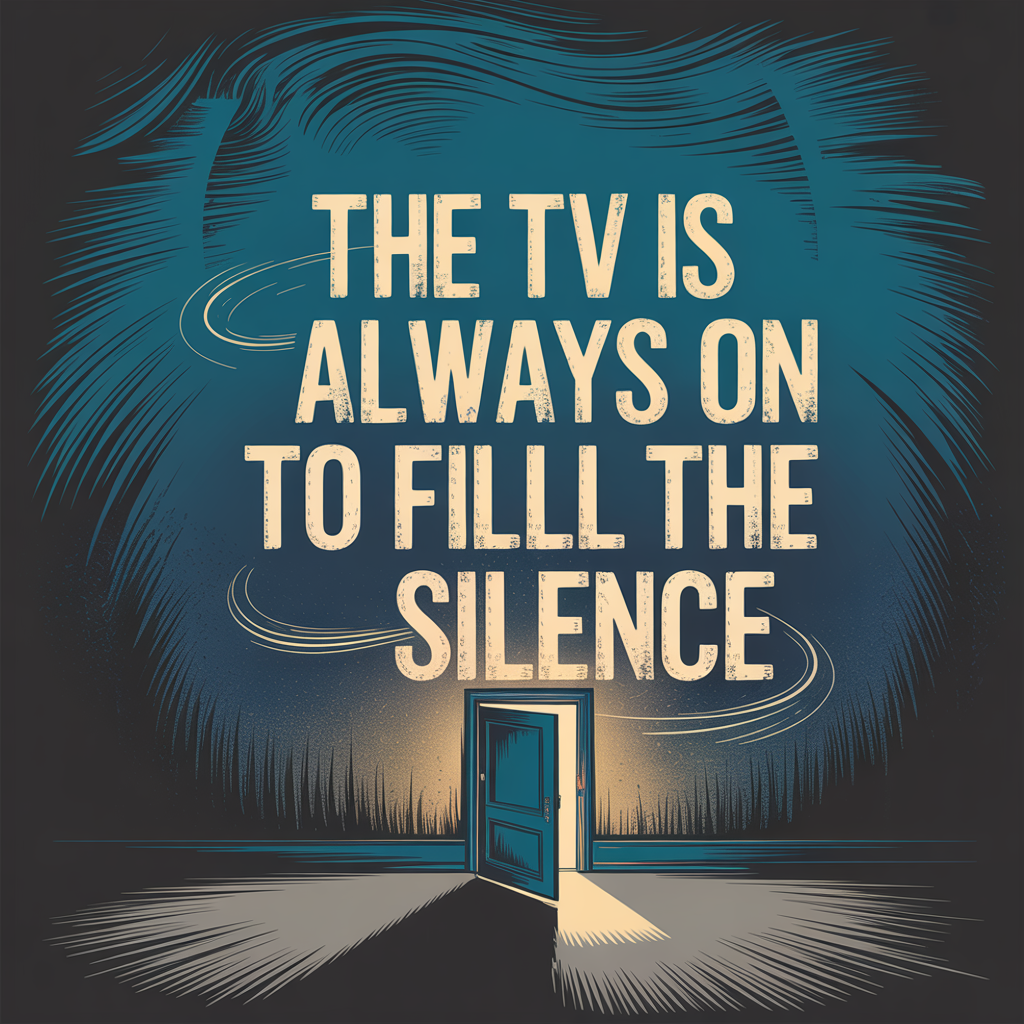
In an unhappy home, the television becomes more than entertainment — it’s a shield. The constant background noise covers the lack of conversation, masking silence that feels heavy and uncomfortable. Instead of laughter or chatter, the house hums with reruns.
48. Pets get ignored or treated like a nuisance.

Animals can reveal the emotional climate of a house. In unhappy homes, pets are neglected, seen as one more burden instead of beloved companions. When a dog retreats quietly or a cat is constantly shooed away, it reflects a household that’s short on warmth.
47. Nobody suggests spending time together.
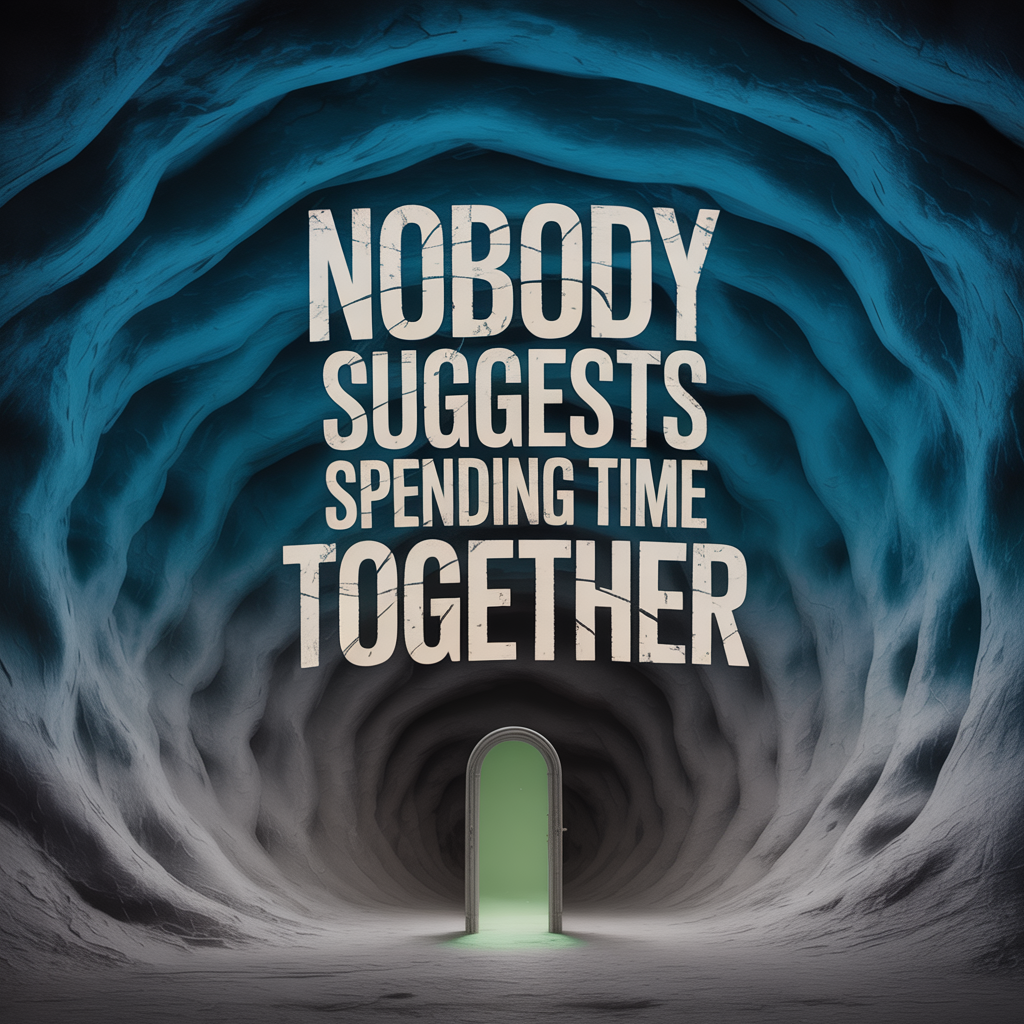
Family rooms go unused, couches stay empty, and common areas are ghost towns. Togetherness feels forced rather than natural, so everyone scatters to bedrooms, headphones on, walls up. A house divided like this stops feeling like a family home.
46. Comfort foods go unnoticed or forgotten.
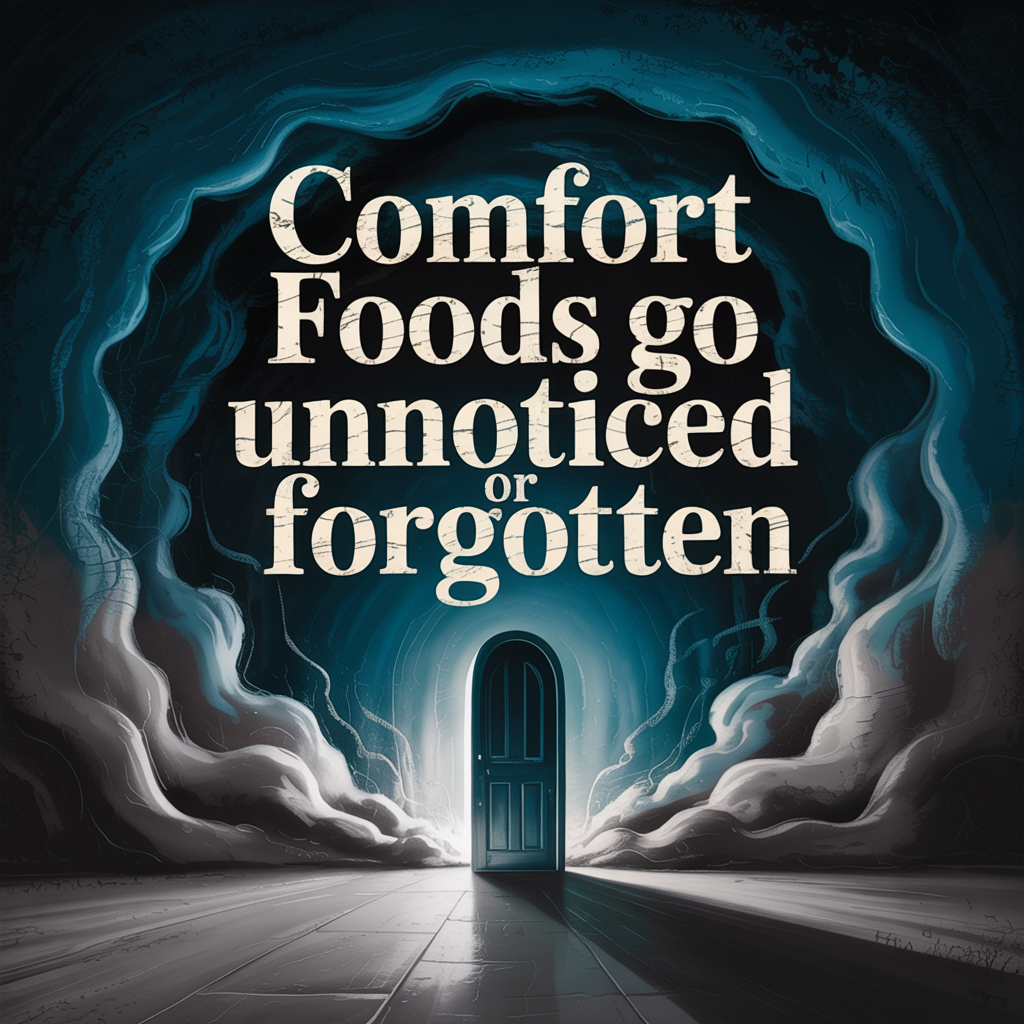
Food in a happy home is love — but in an unhappy one, it’s fuel. Nobody bothers to make someone’s favorite dish or share a warm meal. Eating becomes a solo task, not a shared ritual, and comfort foods lose their magic.
45. The kitchen feels lifeless.
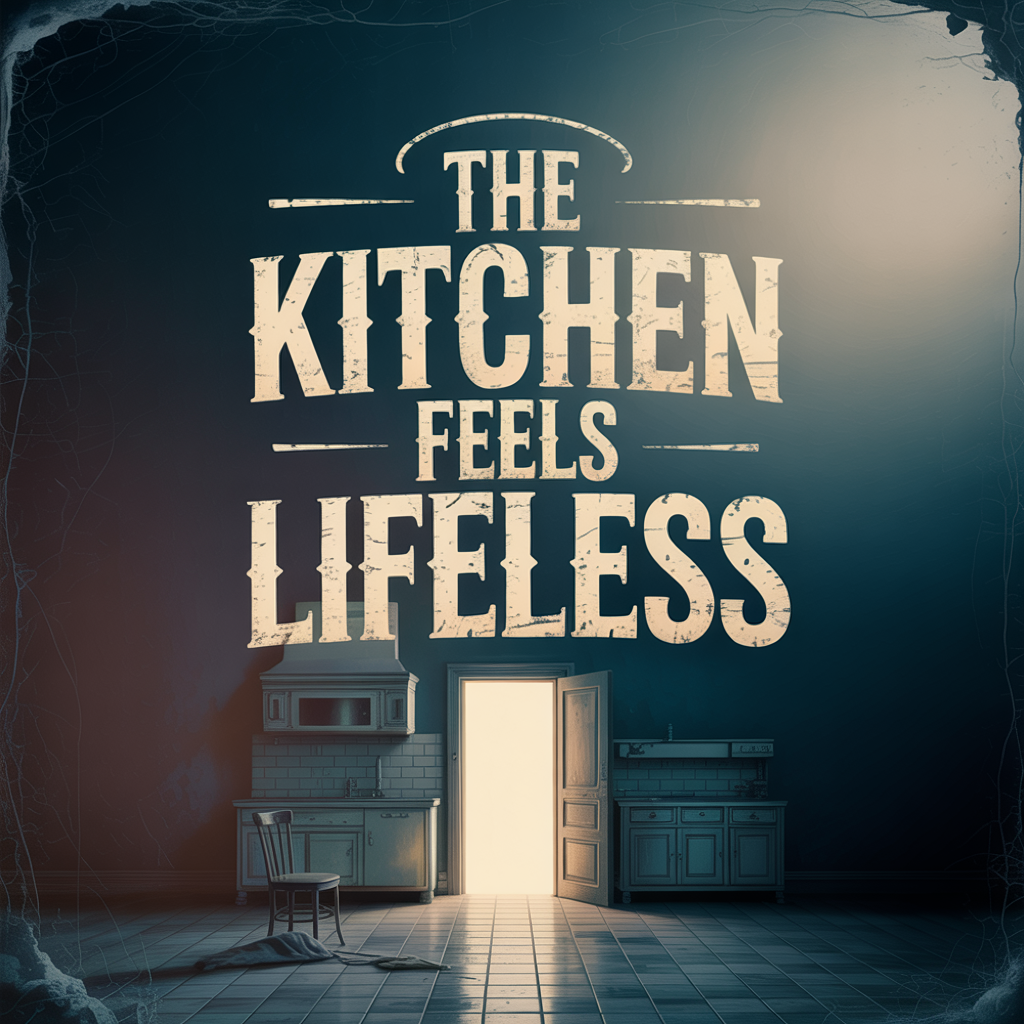
Would you like to save this?
Instead of being the heart of the home, the kitchen turns into a sterile space. No music, no chatter, no smells of food cooking — just the clatter of dishes and the quiet hum of appliances. It’s functional, but it’s not alive.
44. Guests never stay long.
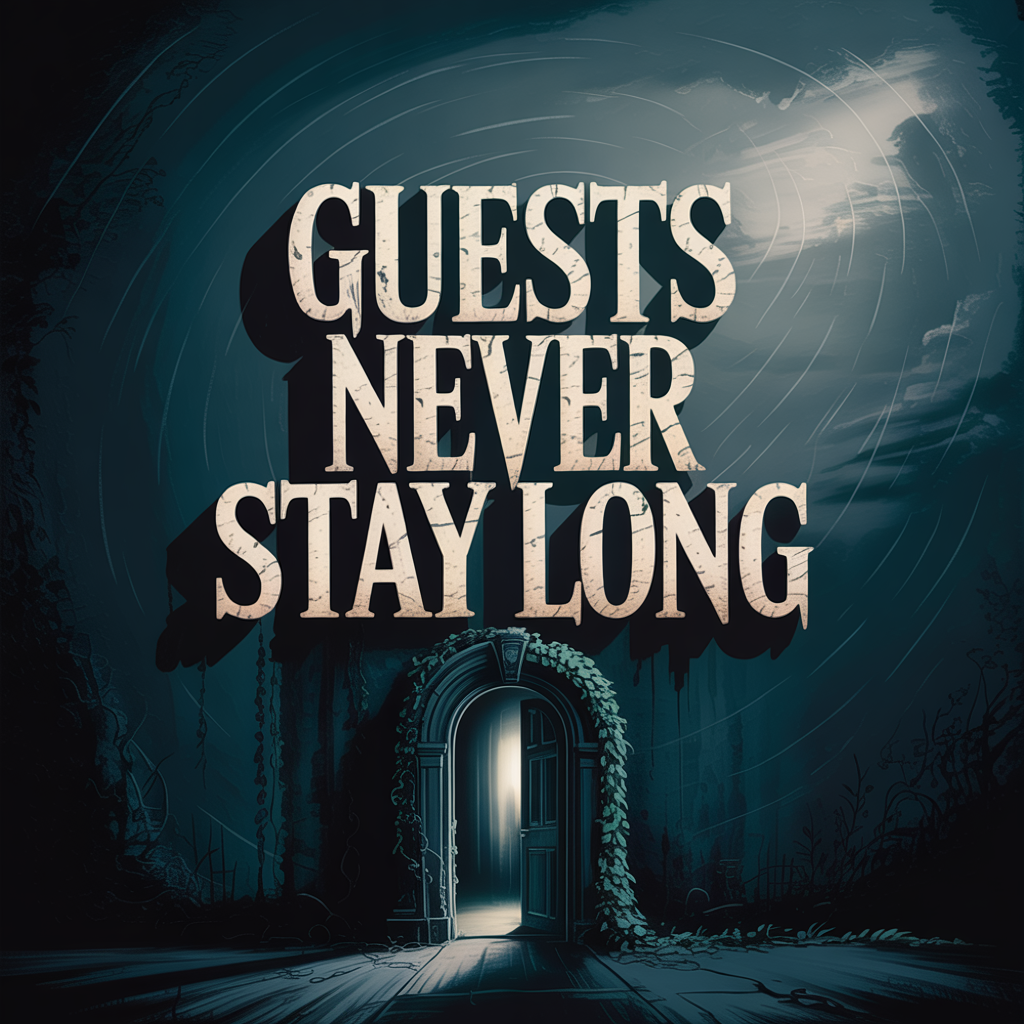
Visitors feel the tension right away. They cut visits short, sensing they’re intruding or that something isn’t right. A happy home makes people linger; an unhappy one makes them check the time.
43. The snack stash causes fights.

What should be a silly, lighthearted thing becomes another battleground. Instead of sharing chips or cookies, the house fills with arguments about who ate what. Scarcity and resentment replace generosity.
42. The kitchen counter collects clutter, not memories.
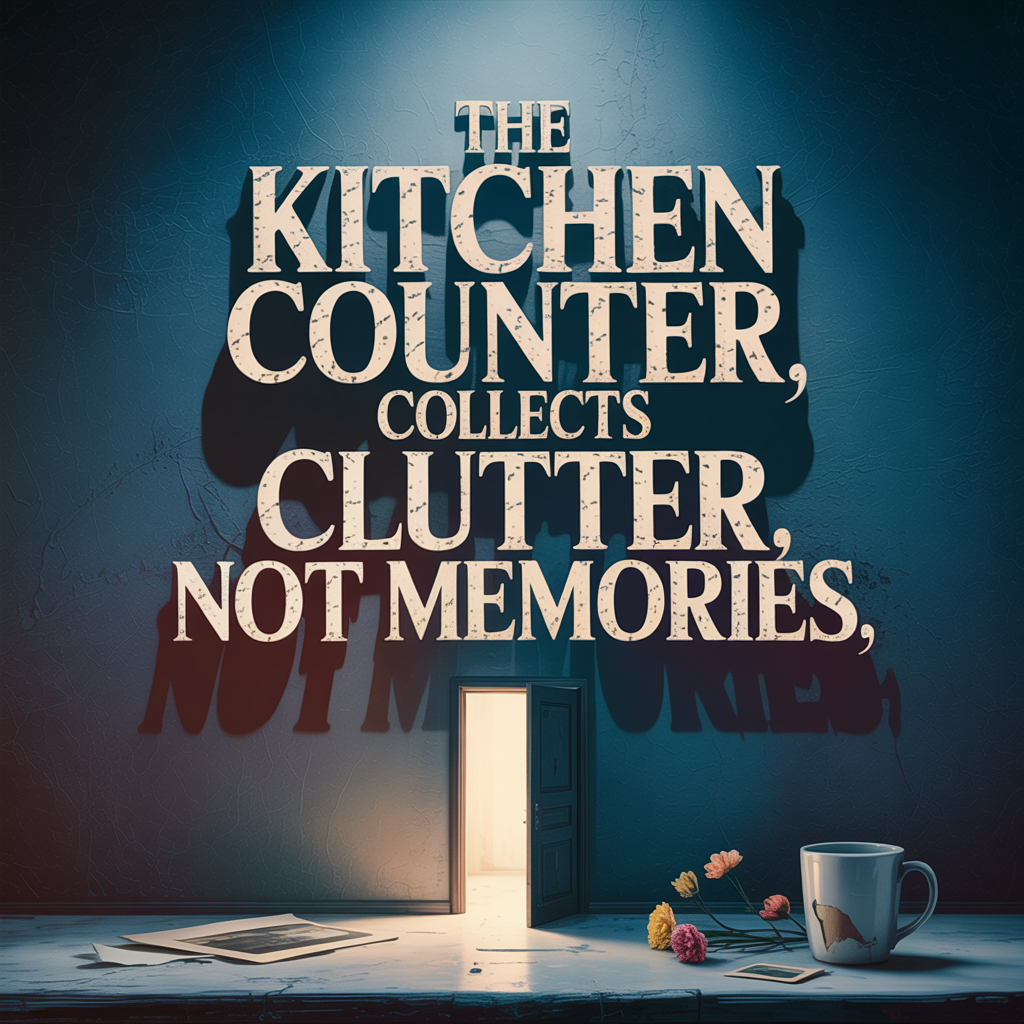
Instead of family conversations, homework, or coffee chats, the kitchen counter piles high with bills, unopened mail, and stress. It becomes a dumping ground rather than a gathering place.
41. Blankets and pillows feel like territory battles.

In a cozy home, blankets get shared and pillows get piled. In an unhappy one, comfort items become points of contention — who gets them, who hoards them, who complains they’re missing. The small comforts stop being communal.
40. Wins go unnoticed.

Report cards, promotions, sports victories — they all pass without acknowledgment. Nobody cheers, nobody claps. In an unhappy home, achievements are invisible, and encouragement is absent.
39. Rooms feel generic and unlived in.
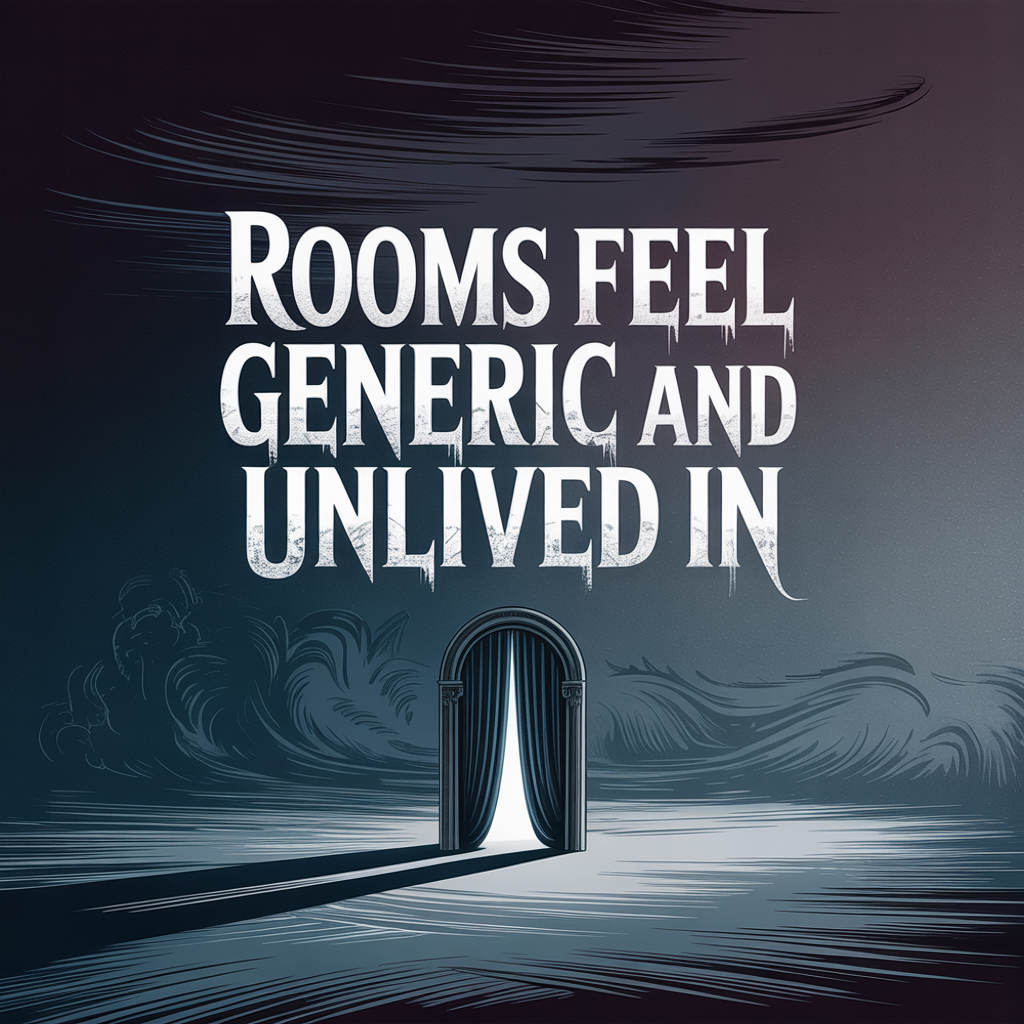
Every space feels staged, as though designed for show rather than for life. Bare walls, empty shelves, and a lack of personal touches leave rooms feeling cold and impersonal.
38. Hugs are rare, forced, or nonexistent.
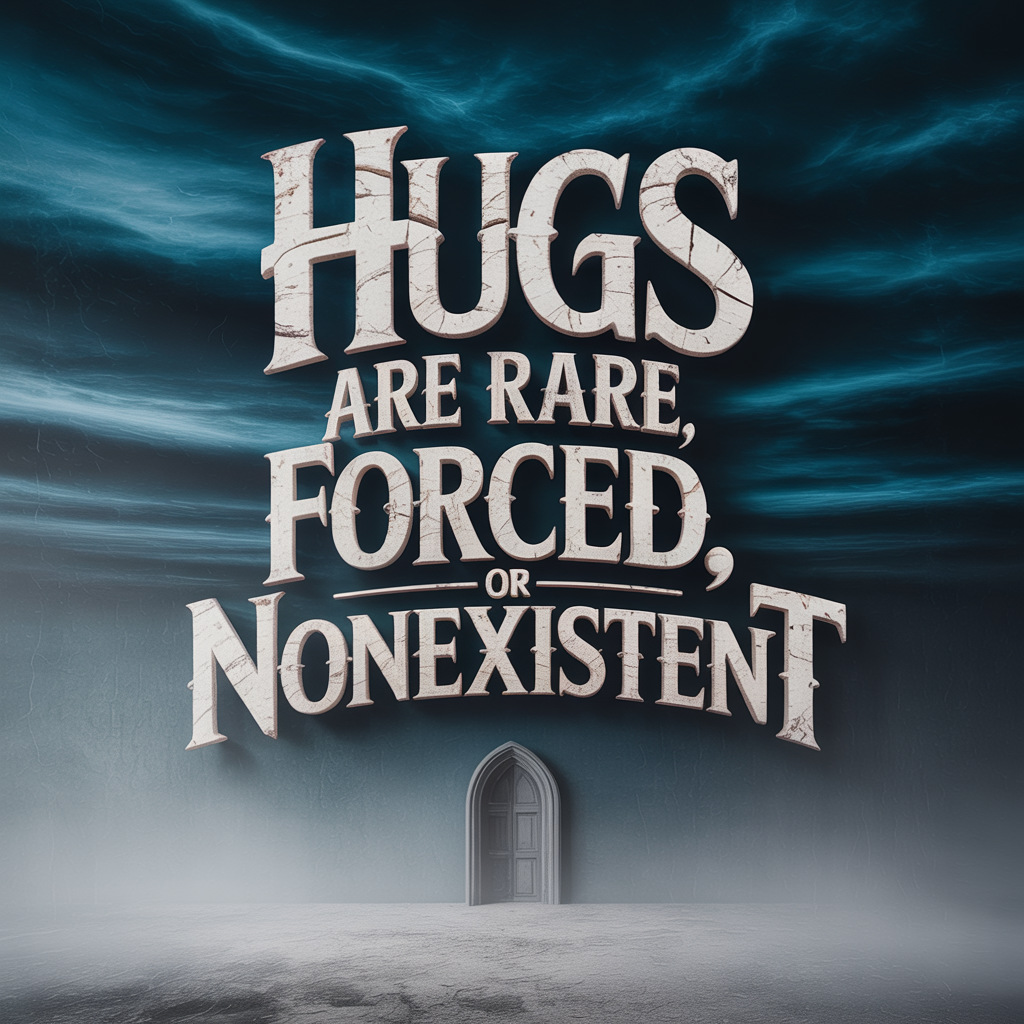
Physical affection fades. When hugs do happen, they feel obligatory, stiff, or awkward. A lack of warmth in touch leaves the house feeling even colder.
37. The only mail is bills and overdue notices.
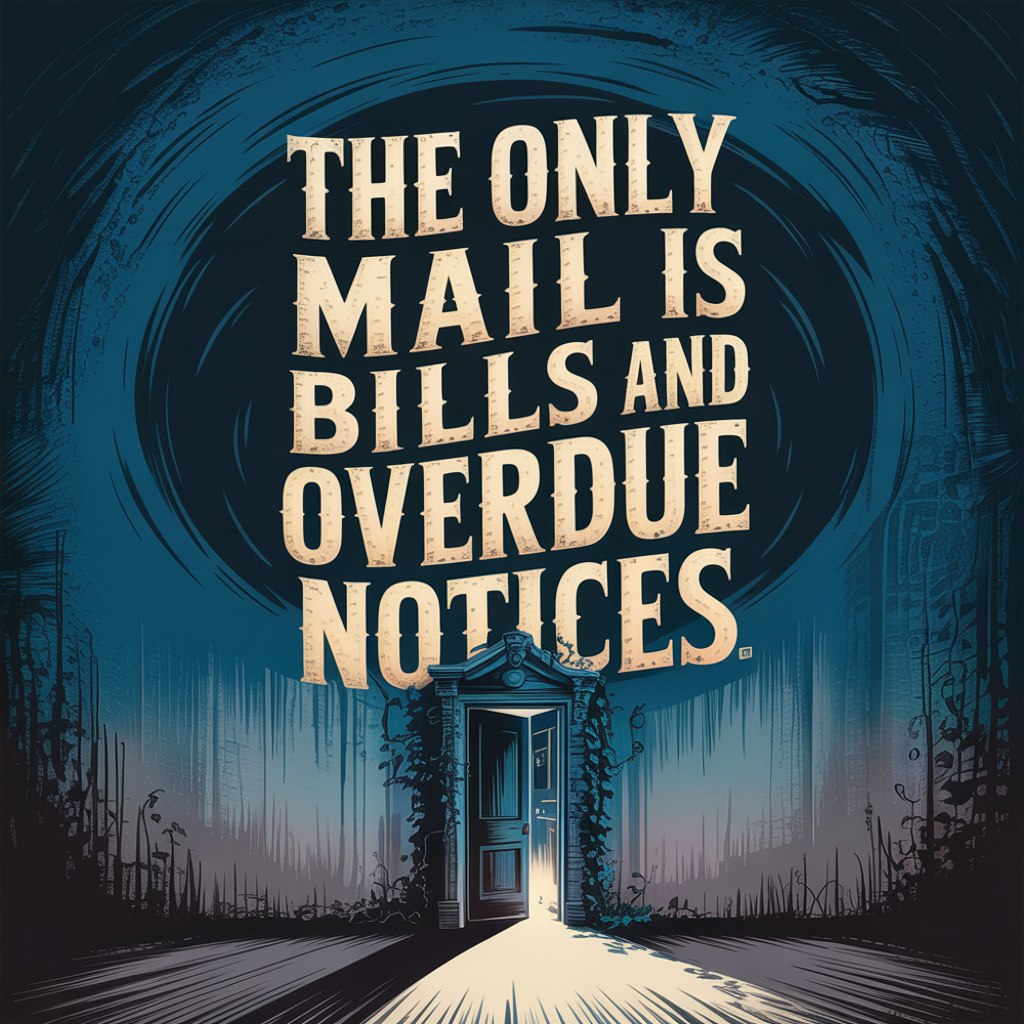
Happy homes stick birthday cards or notes to the fridge. In unhappy ones, the mailbox delivers nothing but stress. Debt and deadlines replace reminders of connection.
36. Gratitude is absent.
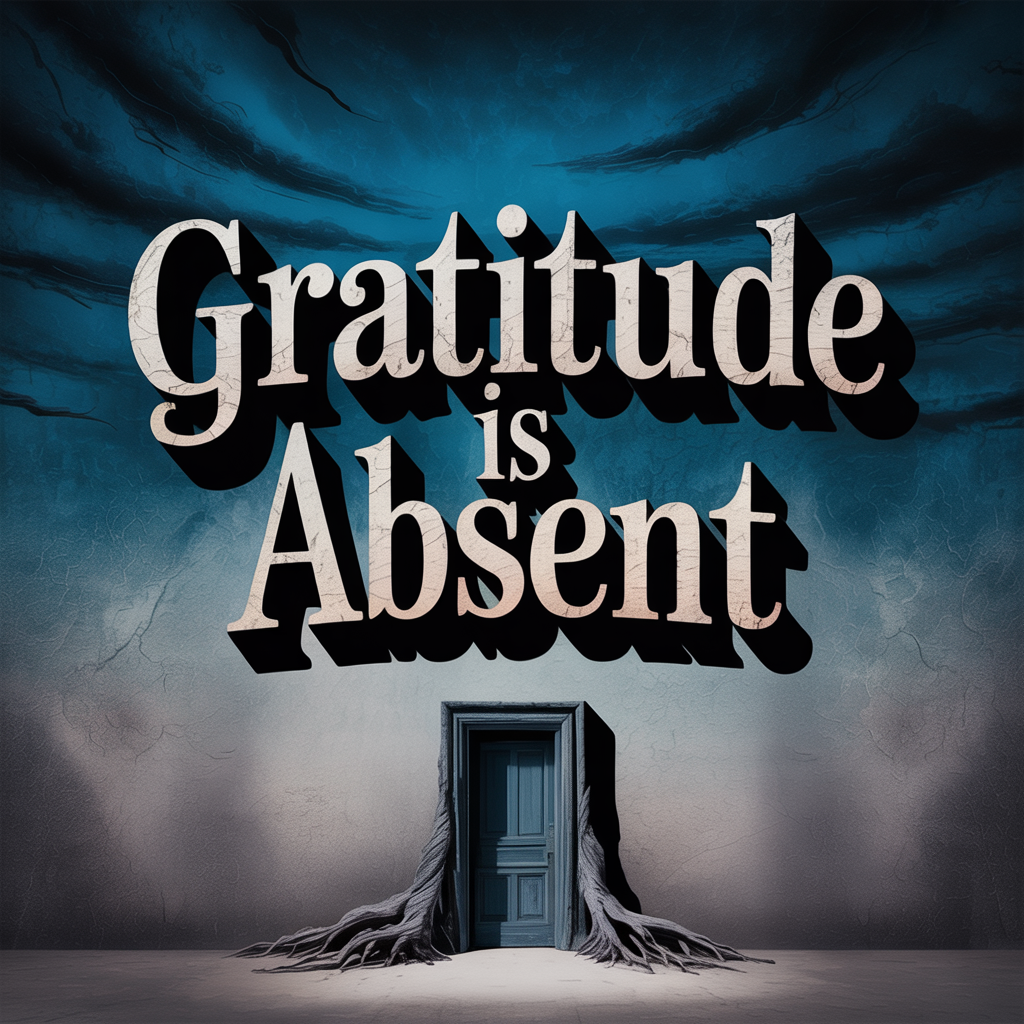
“Thanks” disappears from daily life. Little acts of kindness aren’t acknowledged, chores become expected, and resentment grows in the silence.
35. Teasing turns into cruelty.

Sarcasm and jokes stop being playful and start cutting deep. Humor crosses lines, leaving hurt feelings and lingering bitterness.
34. Silence dominates evenings.
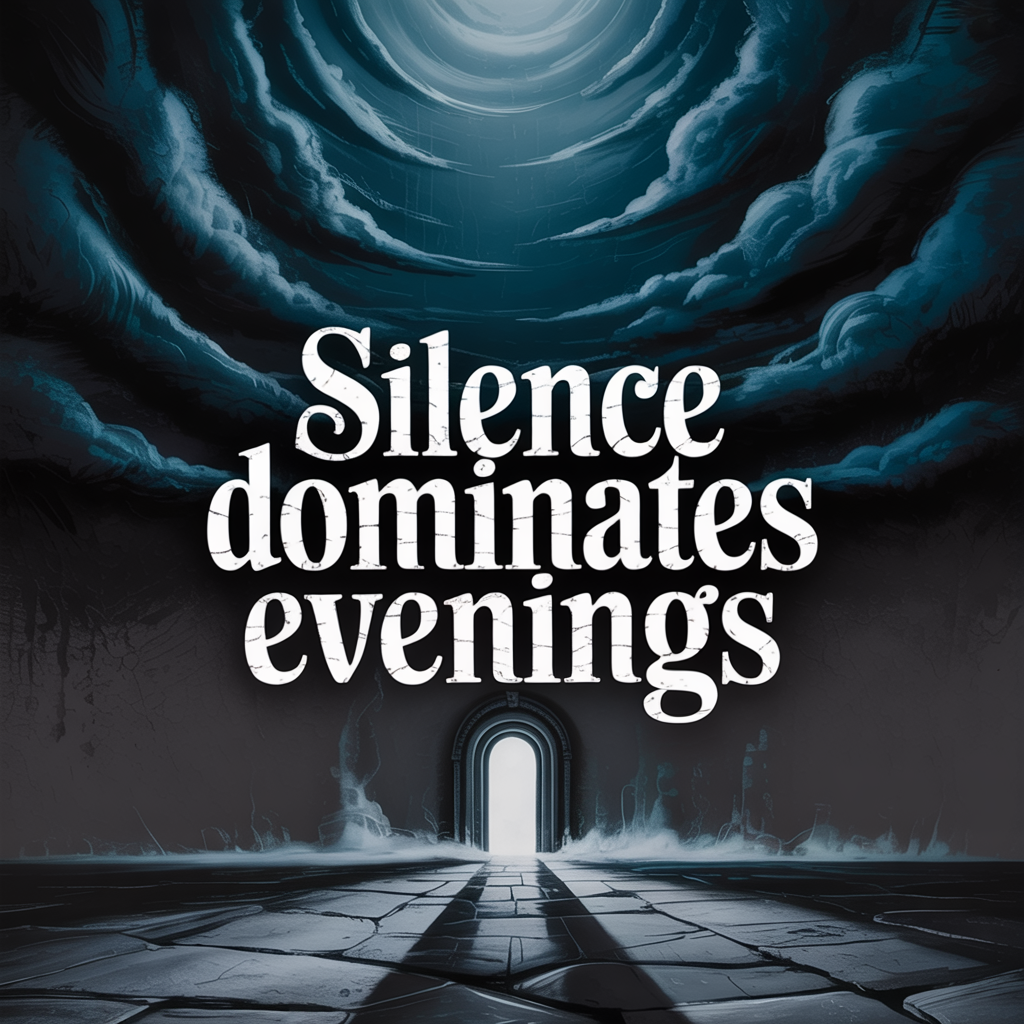
The house isn’t peaceful — it’s empty. People retreat to their own corners, scrolling or zoning out, rather than sharing even small conversations.
33. People stay dressed up just to keep appearances.
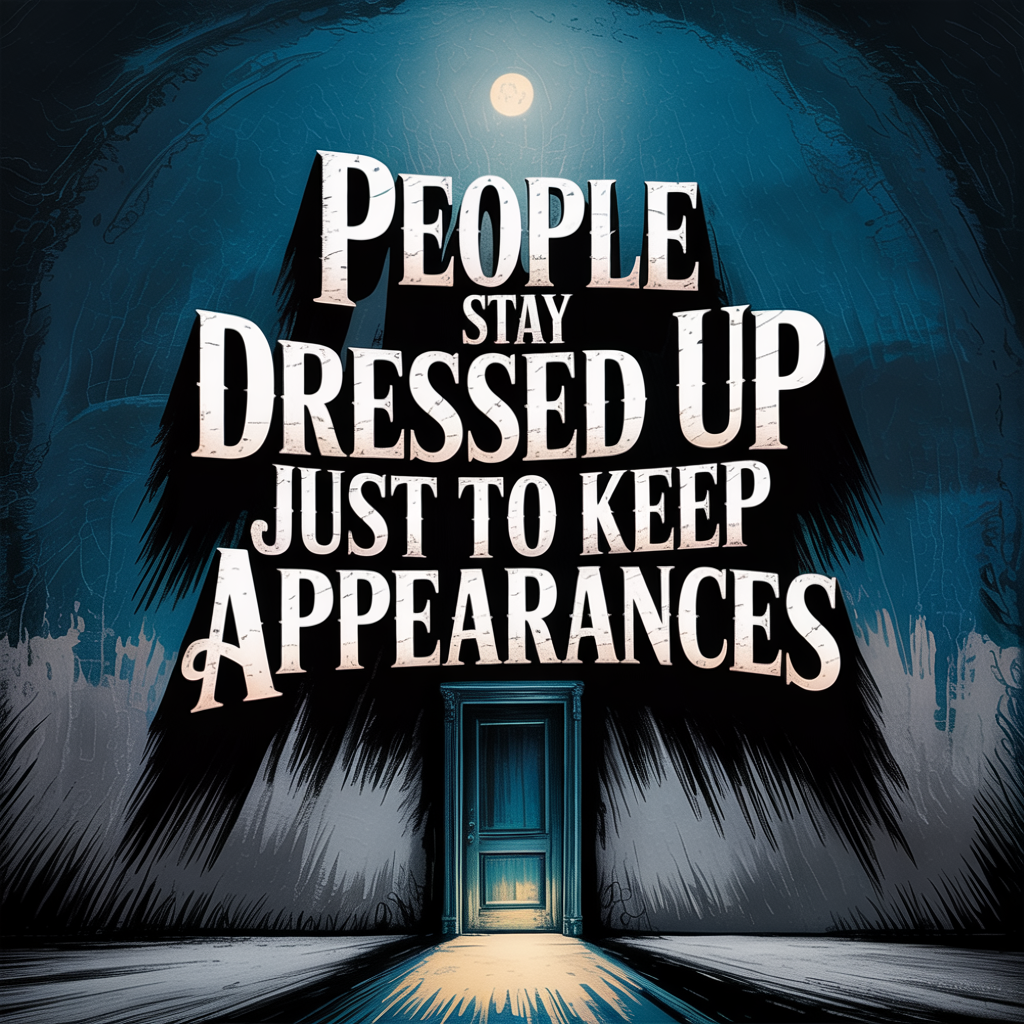
Comfort goes out the window. Instead of cozying up in pajamas or sweats, everyone feels the need to stay “presentable,” a sign that relaxation isn’t allowed.
32. Creativity is absent.

Would you like to save this?
No crafts, no hobbies, no projects scattered around. A lack of creative mess reveals a lack of spark, leaving the house sterile and spiritless.
31. Routines feel rigid and joyless.

Schedules are followed out of obligation, not joy. Bedtime, meals, mornings — everything feels mechanical. Days blur together, with no spark or surprise.
30. The dinner table feels empty.
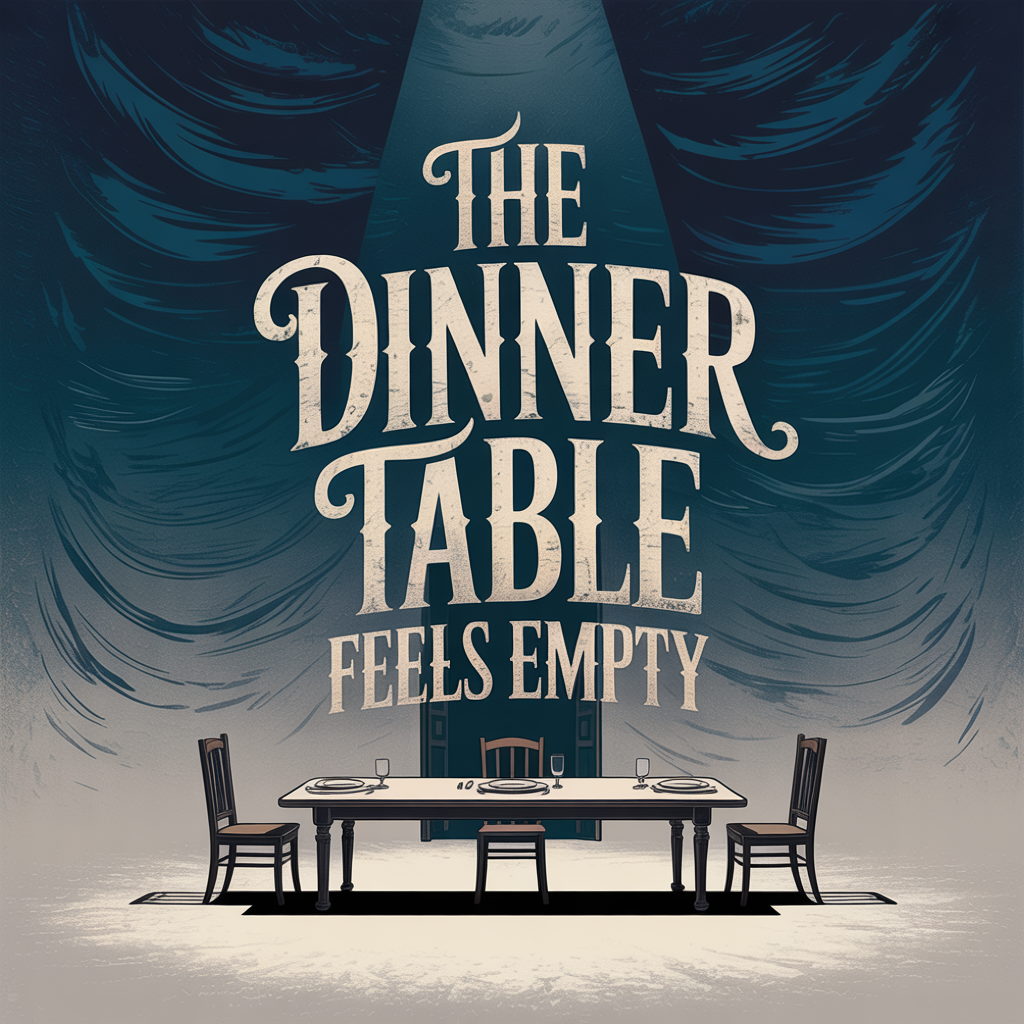
Even if people sit down together, the silence is deafening. Meals end quickly, conversation is minimal, and everyone bolts as soon as possible.
29. Kids’ friends never come over.

Children avoid inviting friends because the atmosphere feels heavy. When your house is the one nobody wants to visit, it says everything.
28. Décor is designed to impress, not to live in.

Rooms look picture-perfect but feel uncomfortable. Style becomes a mask, hiding the lack of warmth underneath.
27. The only sound is fighting and arguing.

When noise drowns out the TV, it’s not laughter — it’s arguments. Raised voices replace lighthearted chatter.
26. The fridge feels off-limits.
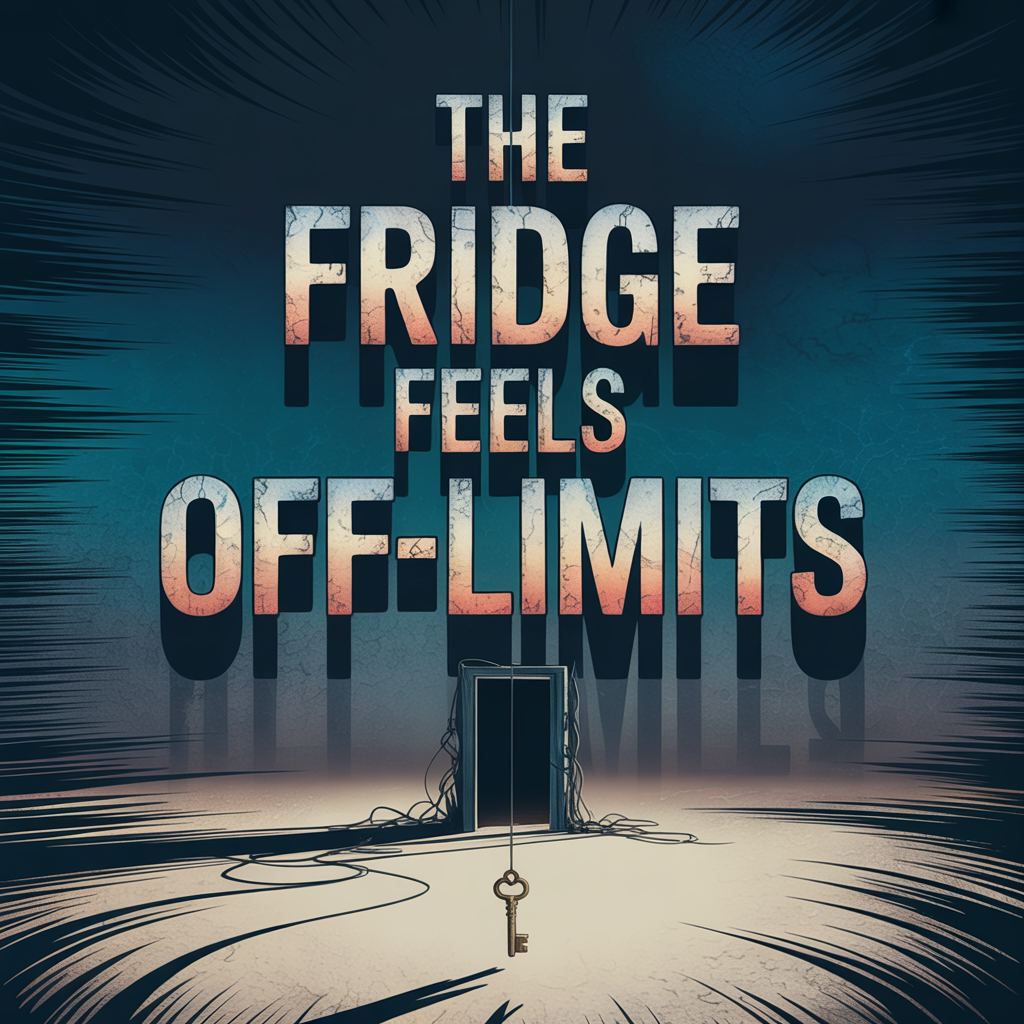
Instead of being a symbol of sharing, the fridge becomes guarded. Who ate what becomes an argument. Scarcity and control replace comfort.
25. Home doesn’t feel safe.
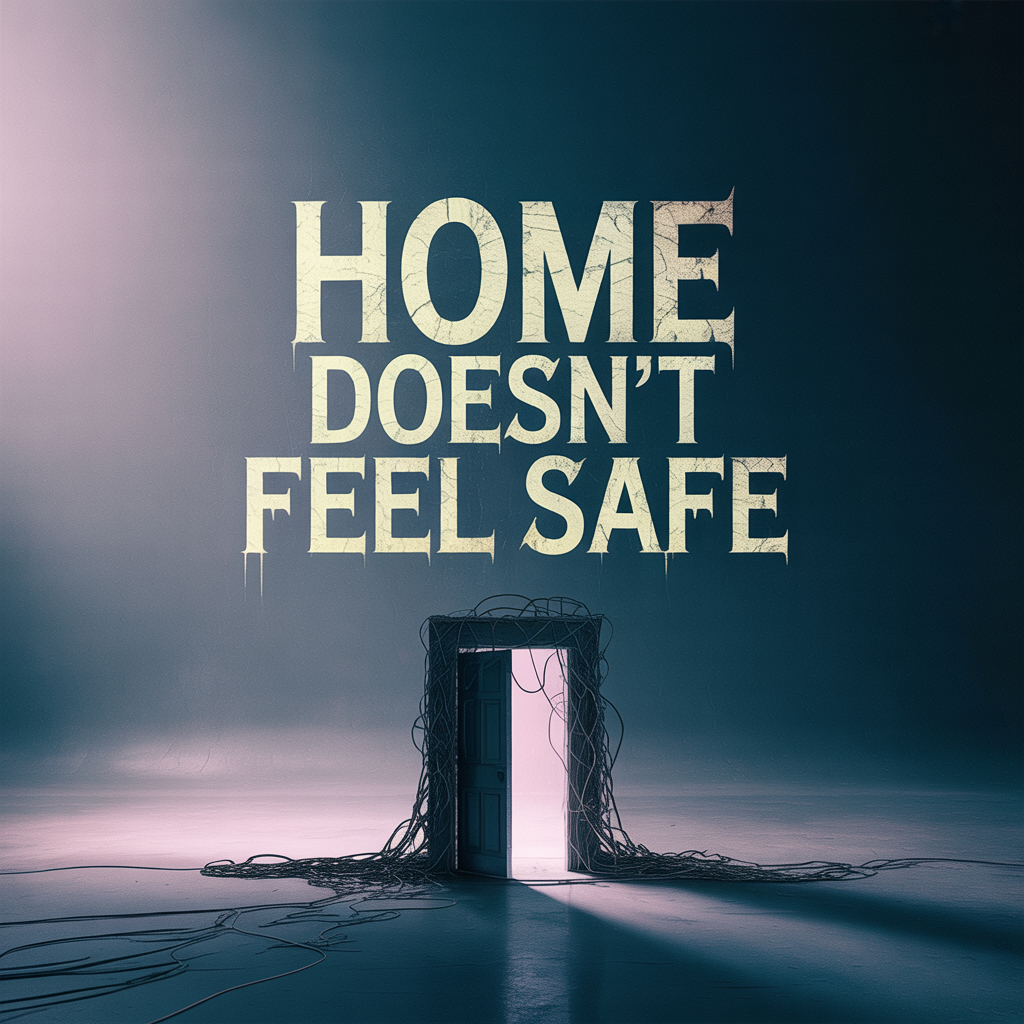
Even with walls and locks, the emotional environment feels exposed. Instead of shelter, the home becomes another battlefield.
24. Meals are always takeout or eaten alone.
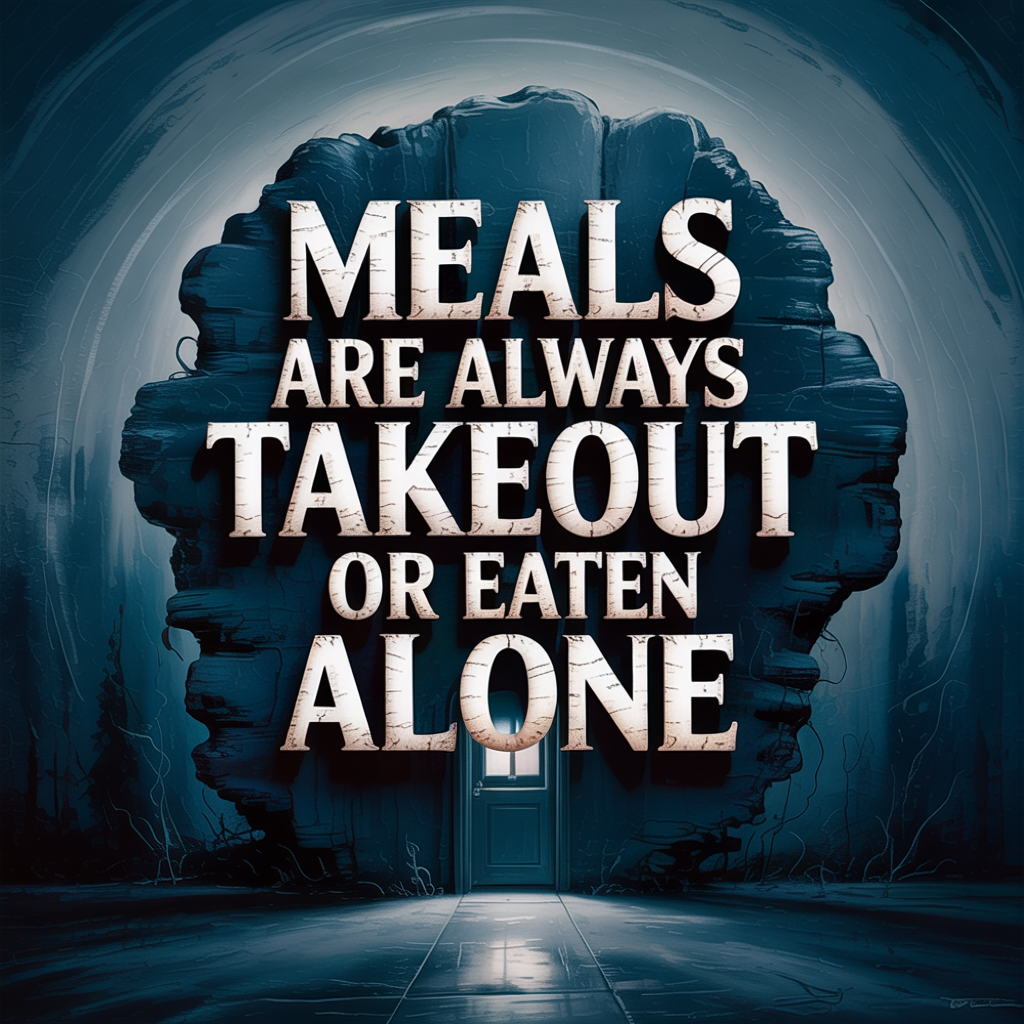
Nobody cooks, nobody gathers. Food is consumed quickly, separately, and without joy.
23. Messes cause panic and blame.
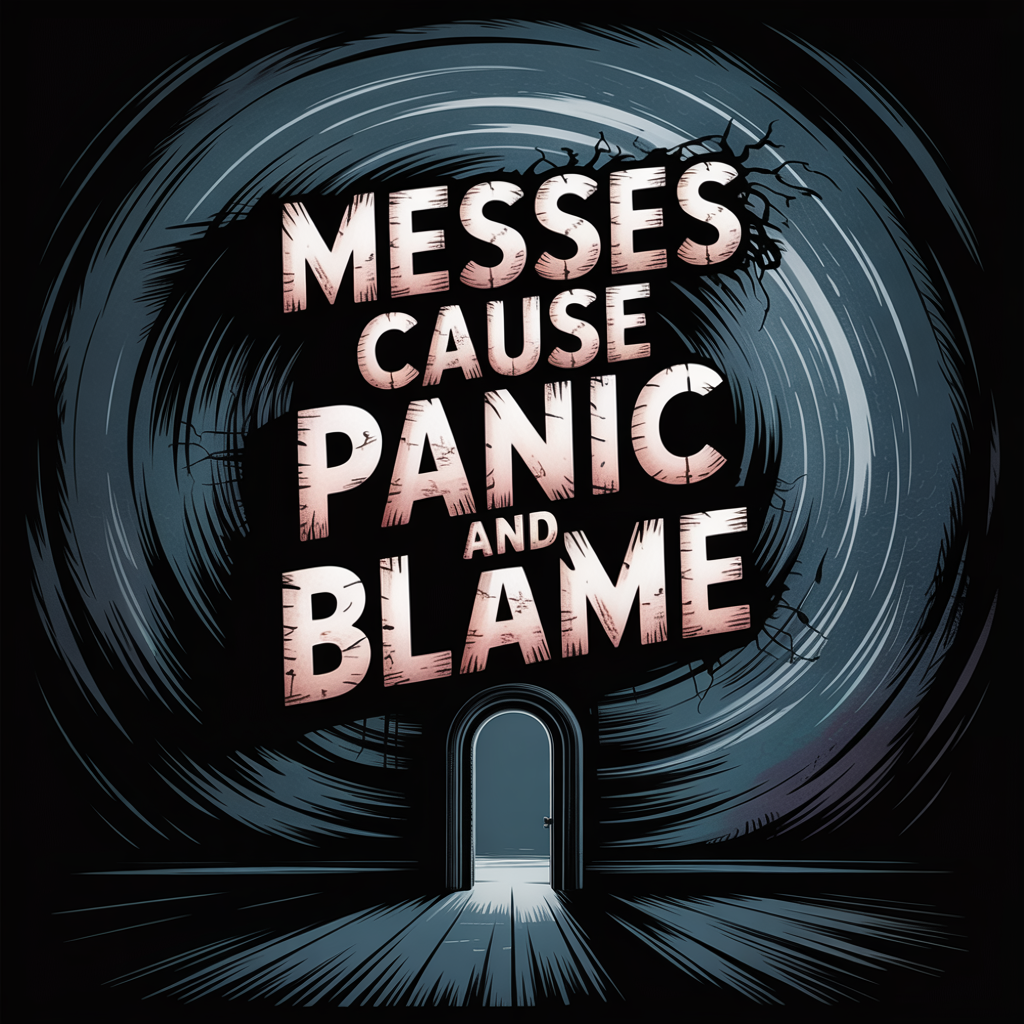
Instead of being shrugged off, small messes spiral into shouting matches. Cleanliness becomes more important than people.
22. Surprises only bring dread.

Nobody expects good news. Any surprise — a knock at the door, an unplanned event — feels like trouble.
21. “I love you” feels hollow.

If it’s said at all, it comes out flat, like a script. The words are there, but the feeling isn’t.
20. Chores are a constant argument.
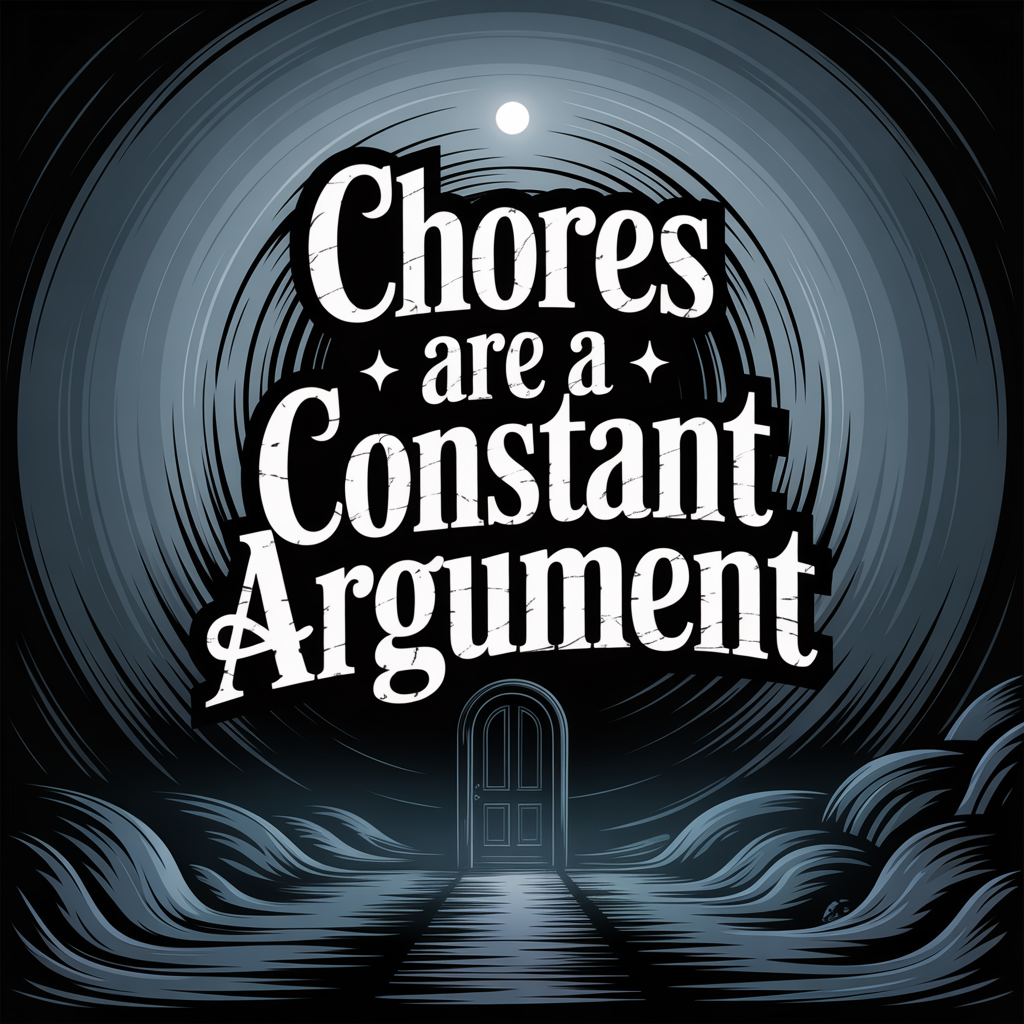
Dishes, laundry, cleaning — everything becomes a standoff. Nobody pitches in willingly, and resentment festers.
19. Birthdays are ignored or forgotten.
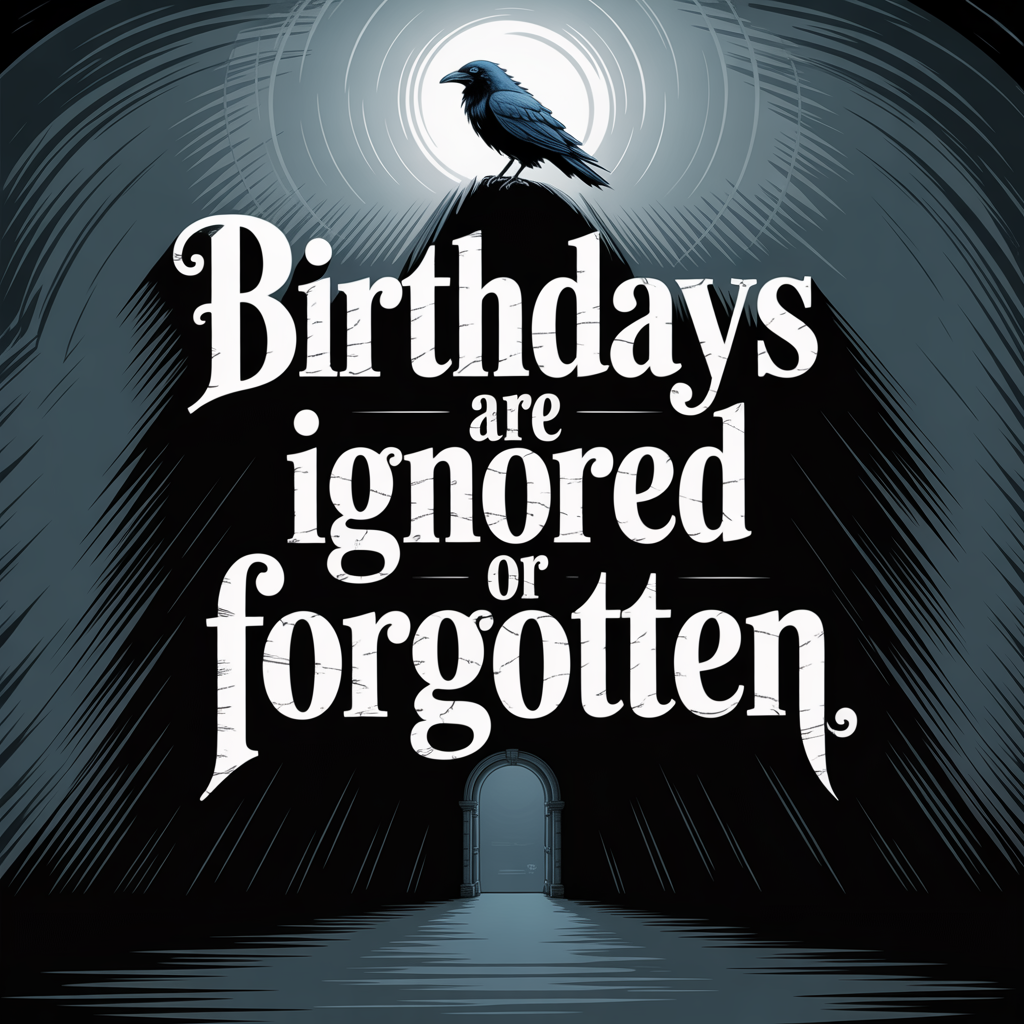
Special days slip by unnoticed. Instead of cakes or cards, there’s nothing but ordinary routine.
18. The couch sits pristine.

Perfect cushions, no stains, no wear. A couch that never holds naps, movie nights, or memories is just another piece of furniture.
17. People avoid coming home.

The happiest moments happen anywhere else — at friends’ houses, at work, or even in the car. Home doesn’t feel like home.
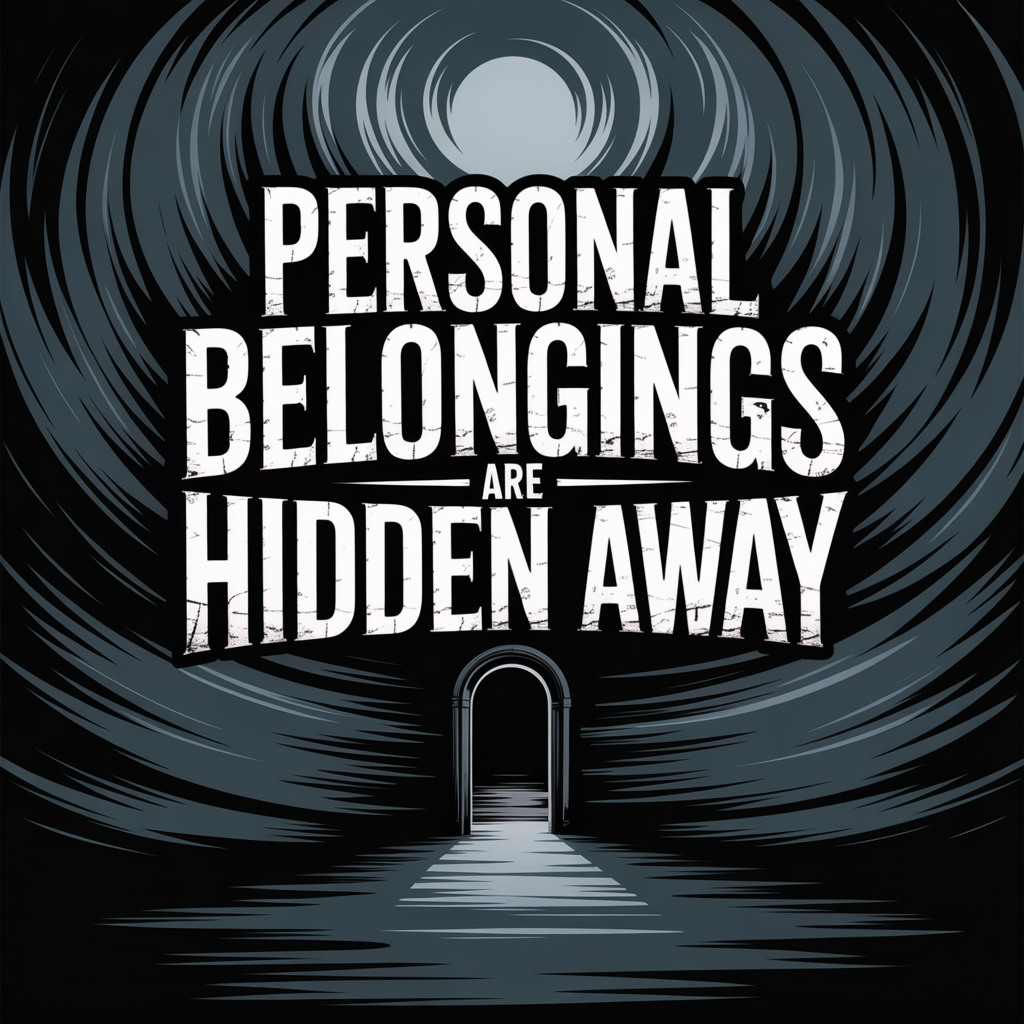
Hobbies, projects, and favorite things stay out of sight. The house feels stripped of personality, sterile and cold.
15. Doors slam, but hugs never follow.
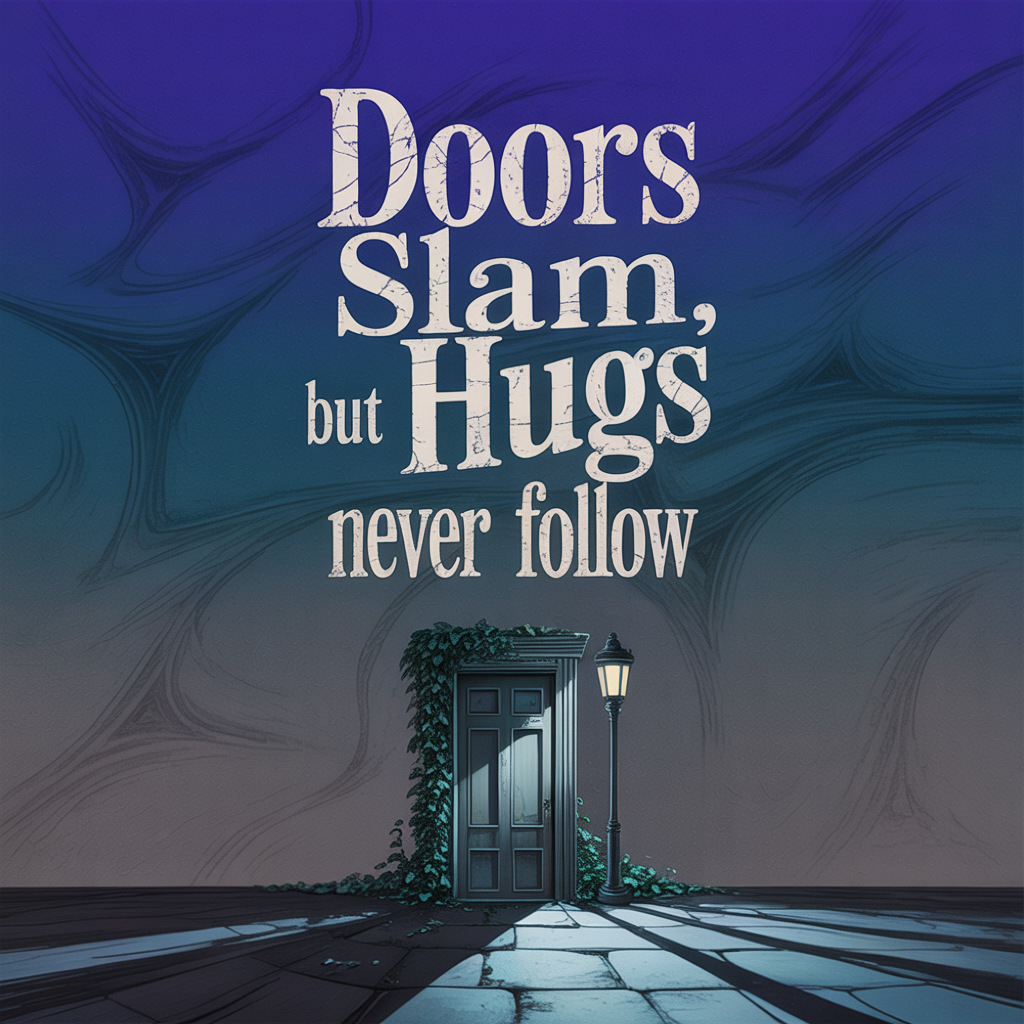
Arguments erupt but are never resolved. Doors close in anger, and nobody opens them in reconciliation.
14. Noise feels chaotic, not joyful.
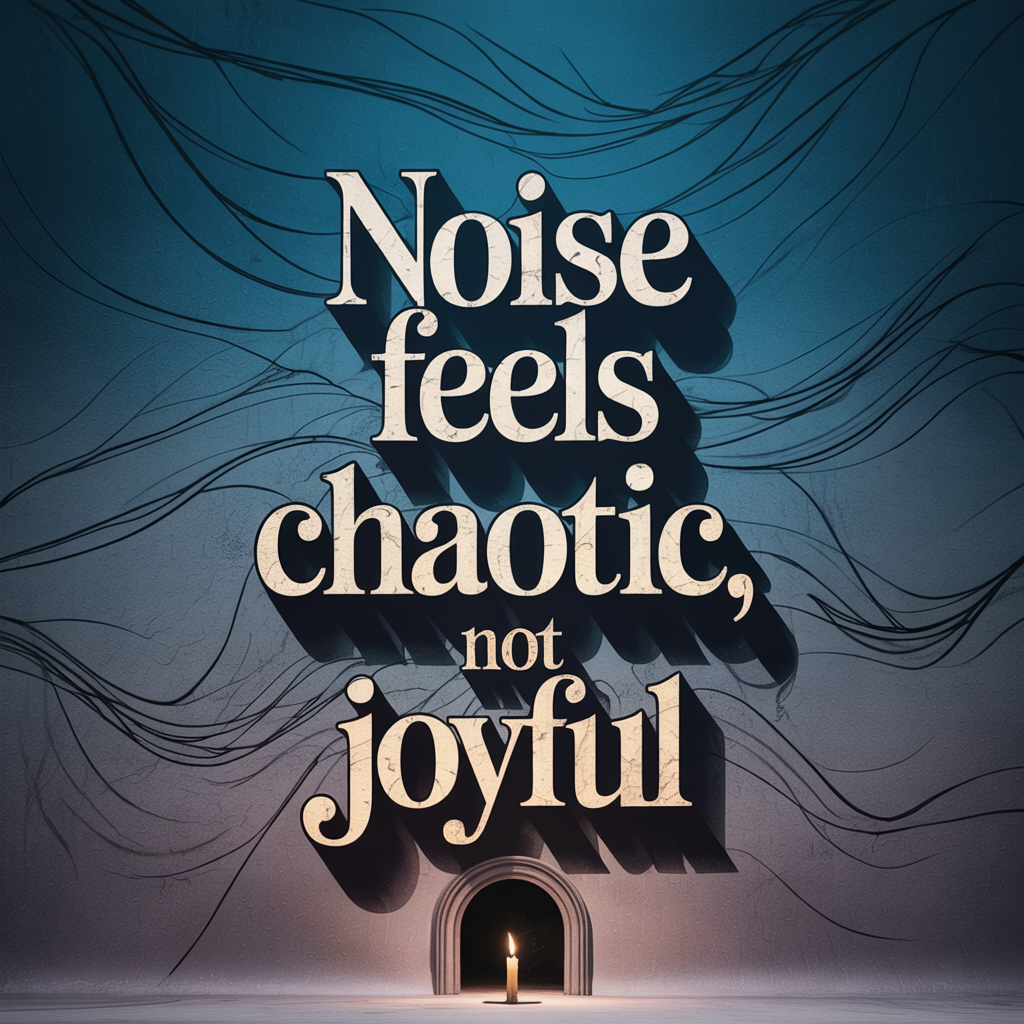
When the house is loud, it’s not laughter — it’s shouting, music to drown each other out, and slammed cabinets.
13. Traditions fade away.

Holidays, birthdays, or family rituals disappear. Celebrations feel like chores or get skipped altogether.
12. Inside jokes are nonexistent.

Nobody laughs at shared memories. The small, silly bonds that glue families together don’t exist.
11. Arguments turn into grudges.

Fights don’t end; they smolder. Weeks or months later, the resentment still lingers.
10. Family photos are missing.
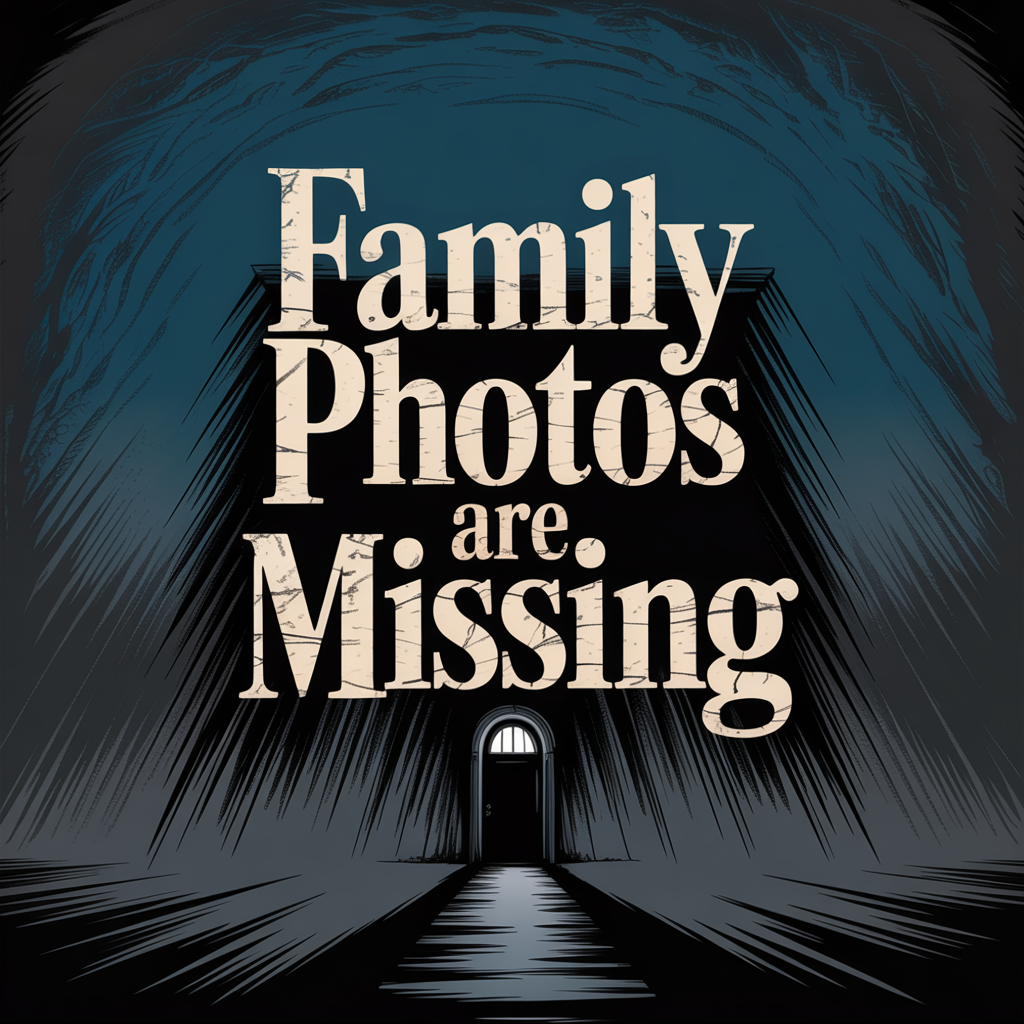
No snapshots, no evidence of shared memories. Walls and shelves stay blank, as though the house has no story.
9. People hide parts of themselves.

Authenticity feels unsafe. People wear masks, bottling up who they really are.
8. The house smells stale or unpleasant.
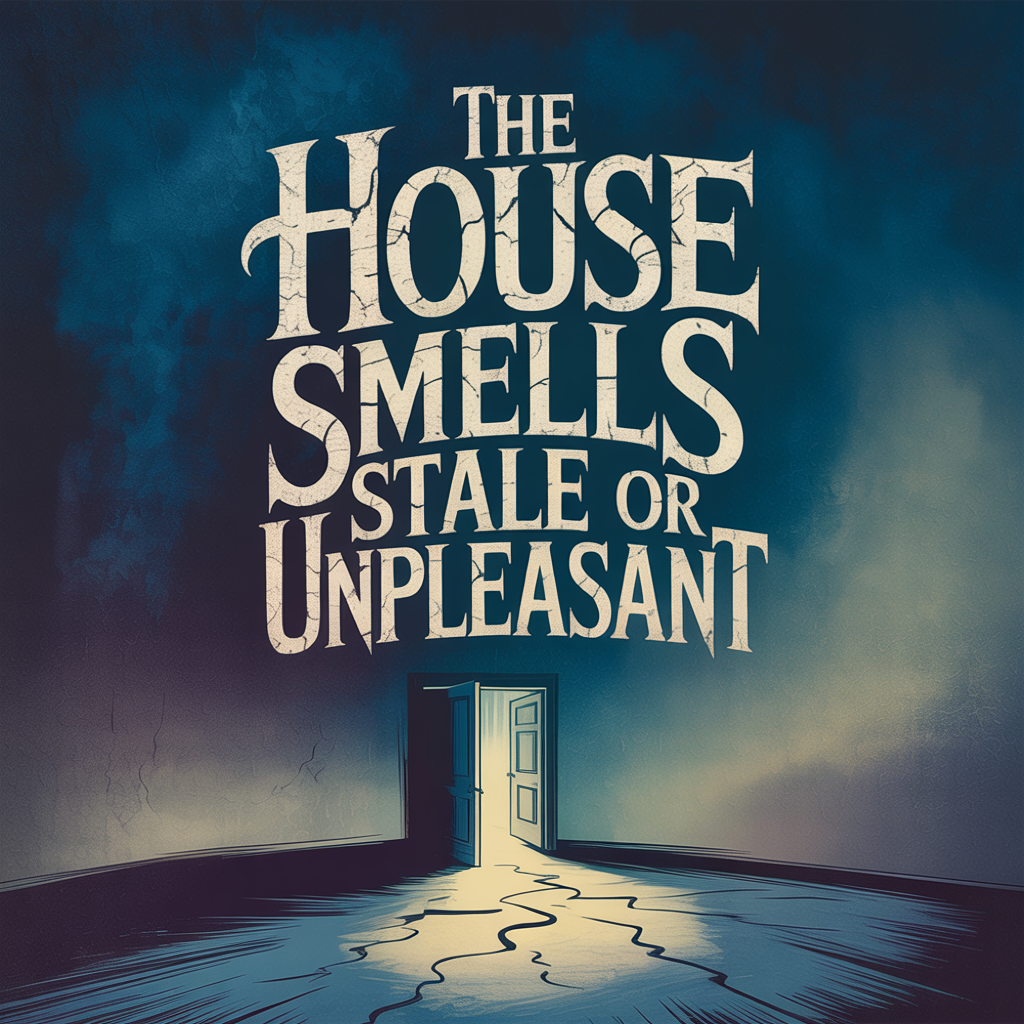
No scent of dinner, no fresh laundry, no candles. Just dust, dampness, and neglect.
7. Guests feel unwelcome.
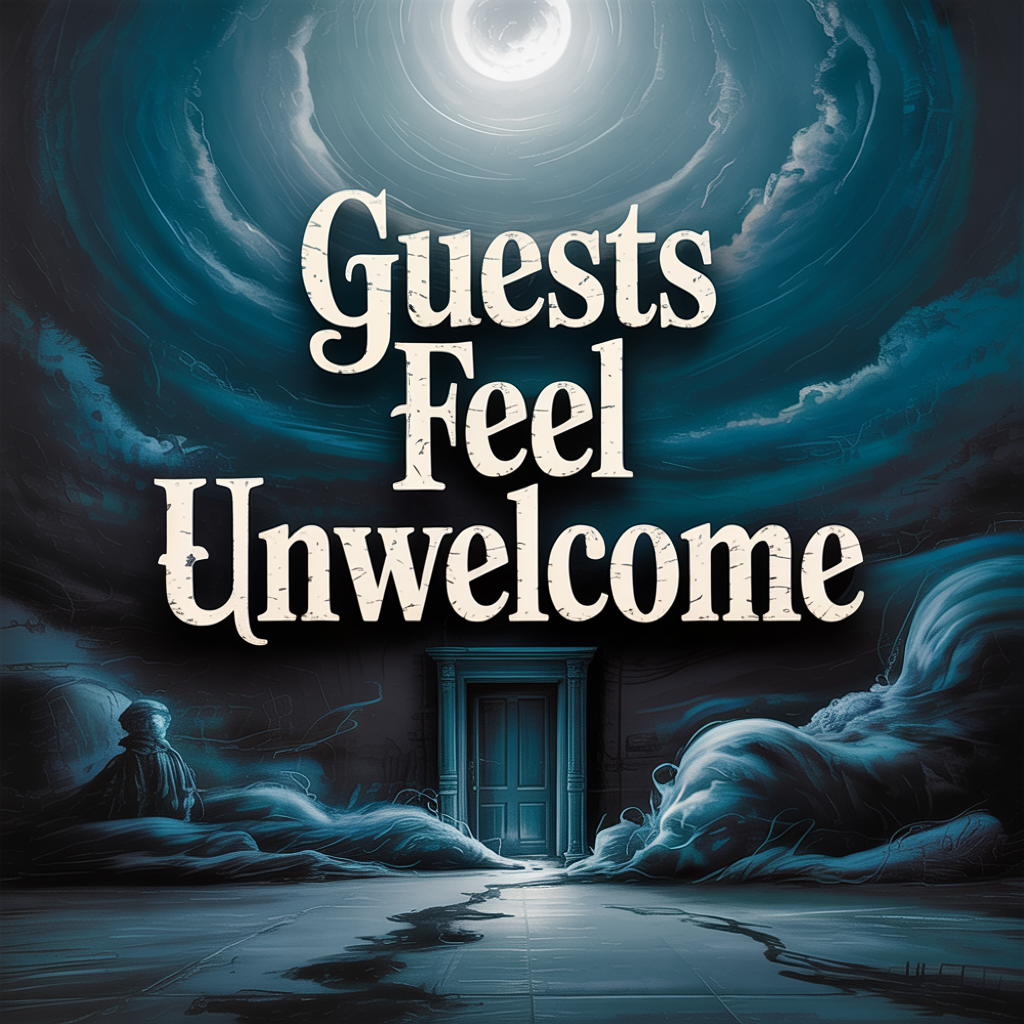
From the minute they step inside, visitors sense the discomfort. The energy makes them eager to leave.
6. Pets aren’t cared for.

They’re fed and watered, but little else. Affection, play, and companionship vanish.
5. Music never plays.

Silence stretches on because nobody feels like singing, humming, or pressing play.
4. The fridge is bare or purely functional.
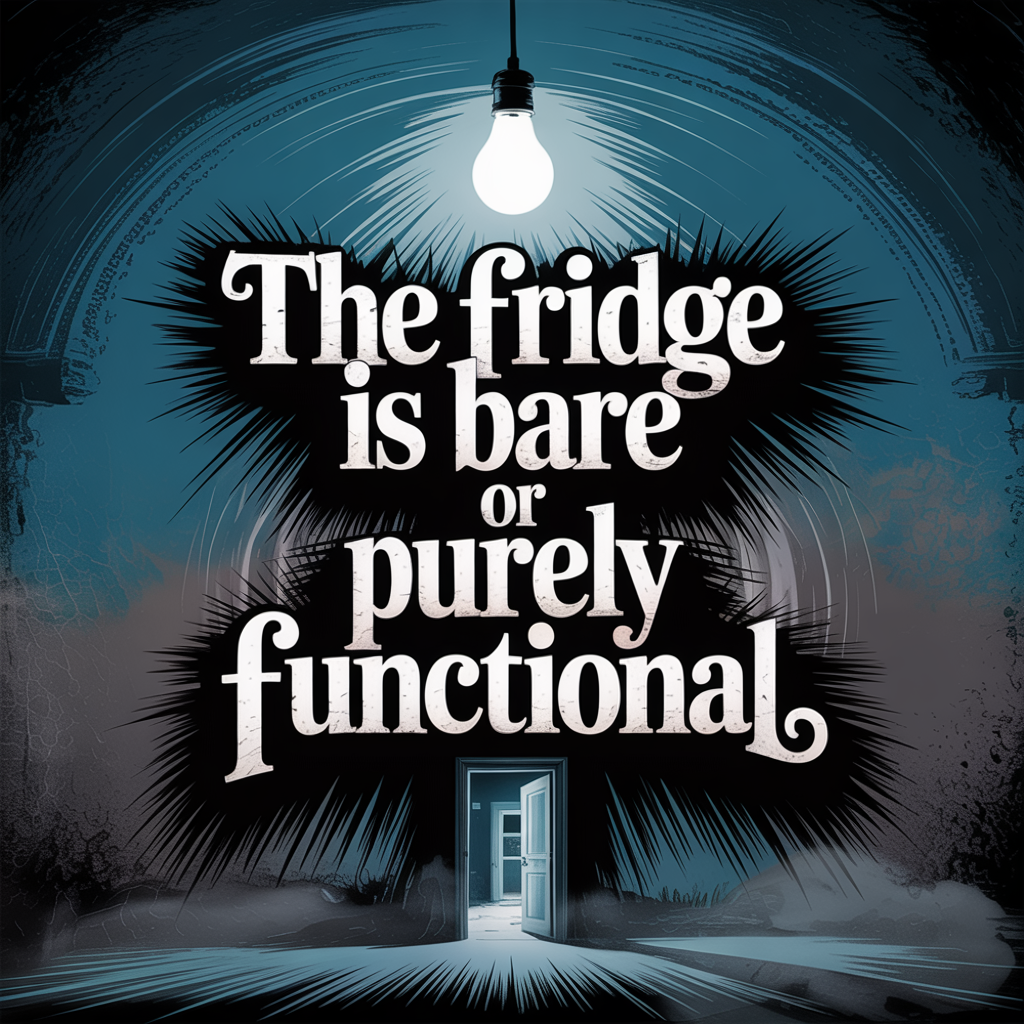
No magnets, no notes, no art. Just cold shelves and forgotten food.
3. No one has a favorite spot.

Chairs, corners, and couches feel generic. Nobody has a place where they curl up and feel safe.
2. Dinner ends in silence.

Everyone eats quickly, and when the plates are cleared, nobody lingers. The table feels like a pit stop, not a gathering place.
1. Laughter is missing.

The loudest silence of all is the absence of joy. Without laughter, a house becomes just a building, not a home.






